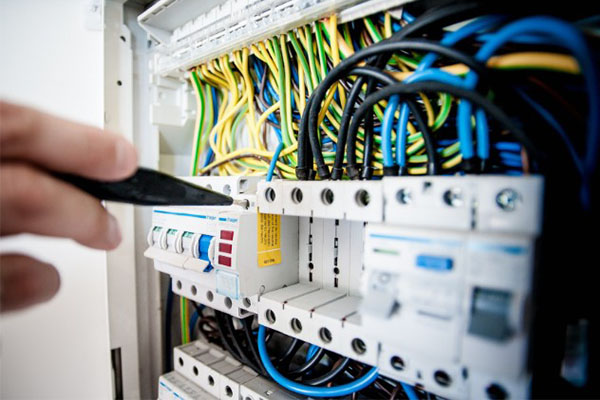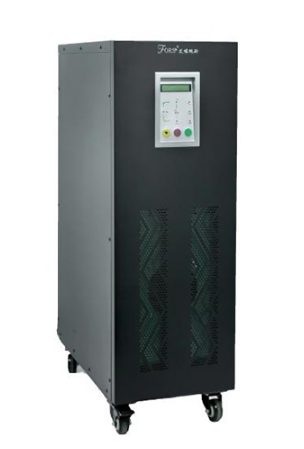language
The average household is filled with sensitive electronic devices—laptops, Wi-Fi routers, smart TVs, gaming consoles, and even security systems in today's connected world. These devices are essential to modern life, but they are also highly vulnerable to power disturbances. That's where a UPS (Uninterruptible Power Supply) power backup becomes a critical addition to your home.
Power outages, voltage fluctuations, and electrical surges can happen without warning. A reliable UPS power backup not only keeps your home devices running during these events, but also helps protect them from permanent damage.
What Is a UPS Power Backup?
A UPS power backup is an electrical device that provides emergency power to connected equipment when the main power source fails. Unlike generators, which take time to start, a UPS switches over to battery power almost instantly—ensuring there’s no interruption.
A UPS also acts as a surge protector, guarding your devices against voltage spikes, brownouts, and other electrical irregularities that can degrade or destroy sensitive electronics.

Why You Need a UPS at Home
1. Prevent Data Loss
Imagine you’re working on an important document or a school project, and the power suddenly goes out. Without a UPS, all unsaved data could be lost. A UPS gives you several minutes—or longer—of backup power, allowing you to save your work and shut down devices safely.
2. Protect Expensive Equipment
Devices like smart TVs, desktop computers, gaming consoles, and home automation hubs can cost hundreds or thousands of dollars. A UPS guards against power surges and instability that can shorten the life of these devices or cause immediate failure.
3. Maintain Internet Access During Outages
When the power goes out, so does your modem and router—cutting off access to communication, entertainment, and smart home features. A UPS can keep your internet connection running, allowing you to stay online and informed during outages.
4. Ensure Security System Uptime
Security systems and cameras are especially important during storms or blackouts. A UPS ensures these systems remain operational when power is lost, maintaining surveillance and protection when you need it most.
What to Look for in a Home UPS System
When selecting a UPS for your home, consider the following key factors:
Power Capacity (VA or Watts): Make sure the unit can support the total power draw of the devices you plan to connect.
Battery Runtime: Estimate how long the UPS can keep your devices running. Even 5–10 minutes is enough to save data or stay online during short outages.
Number of Outlets: Choose a model with enough outlets for your critical devices—some offer both battery-backed and surge-only outlets.
Display and Alerts: Many UPS units come with LCD screens or LED indicators to show battery level, load, and power status.
Form Factor: Tower-style UPS units are common for home use and can be easily placed near desks or entertainment systems.
AF800 series online transformer based fully digital UPS single phase input and single phase output is a highly intelligent product integrating digitization, informationization and networking, with a powerful information collection system, signal processing system, detection system and perfect protection system.

Online Transformer Based UPS
Recommended Devices to Connect to a Home UPS
Not every device needs UPS protection. Focus on those most affected by sudden shutdowns or those critical to your daily routines:
Computers and monitors
Wi-Fi routers and modems
Smart home hubs (e.g., Alexa, Google Home)
Security system DVRs and cameras
Gaming consoles and media servers
Cordless phones and VoIP systems
Power disturbances are unpredictable, but the damage they cause can be prevented. A reliable UPS power backup acts as a shield for your home electronics—providing backup power during outages and protection during surges. Whether you're working from home, streaming media, or ensuring your family’s safety with a smart security system, a UPS ensures your lifestyle stays uninterrupted.
Investing in the right UPS system today means greater peace of mind tomorrow—no matter what the power grid throws your way.